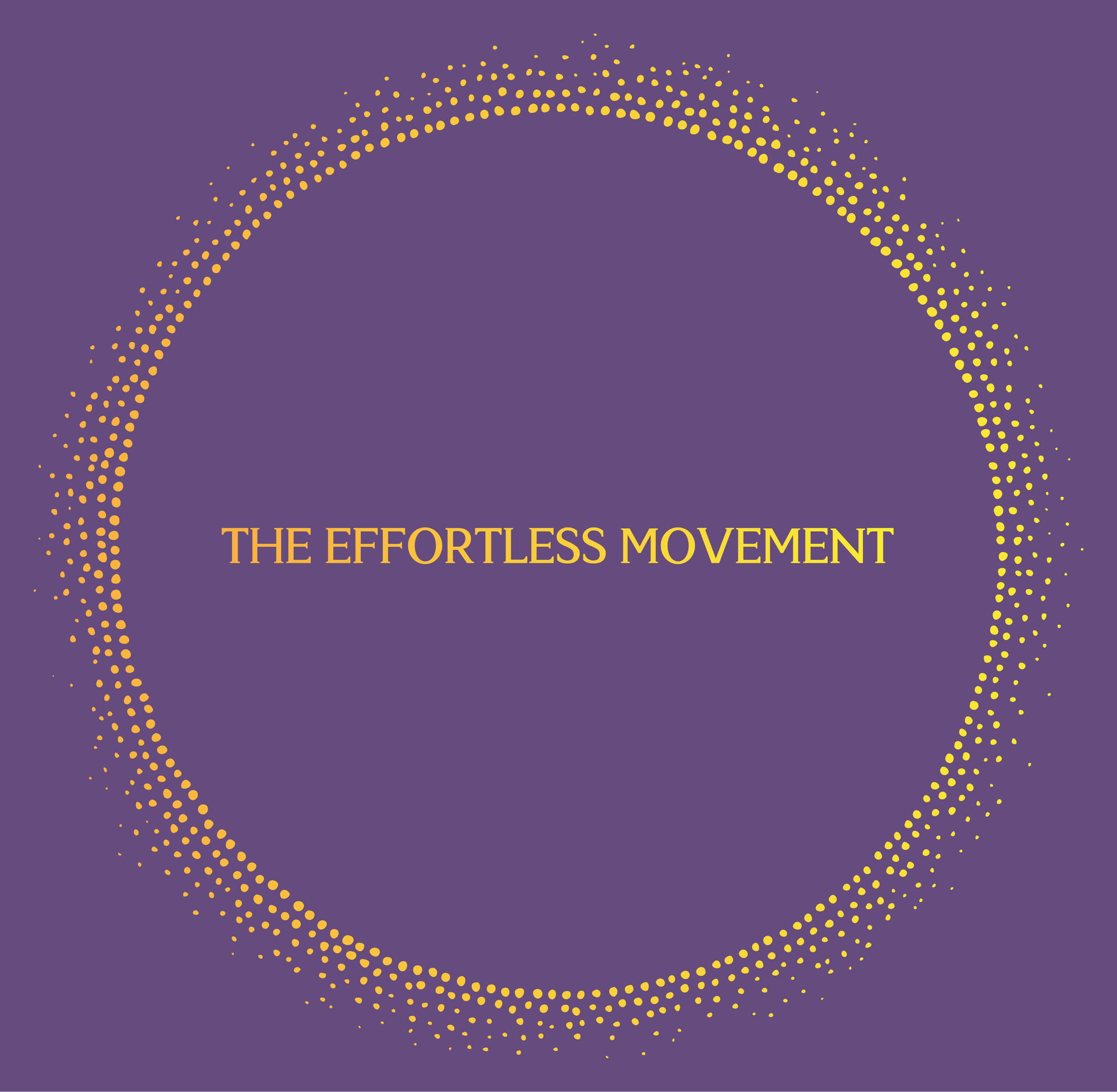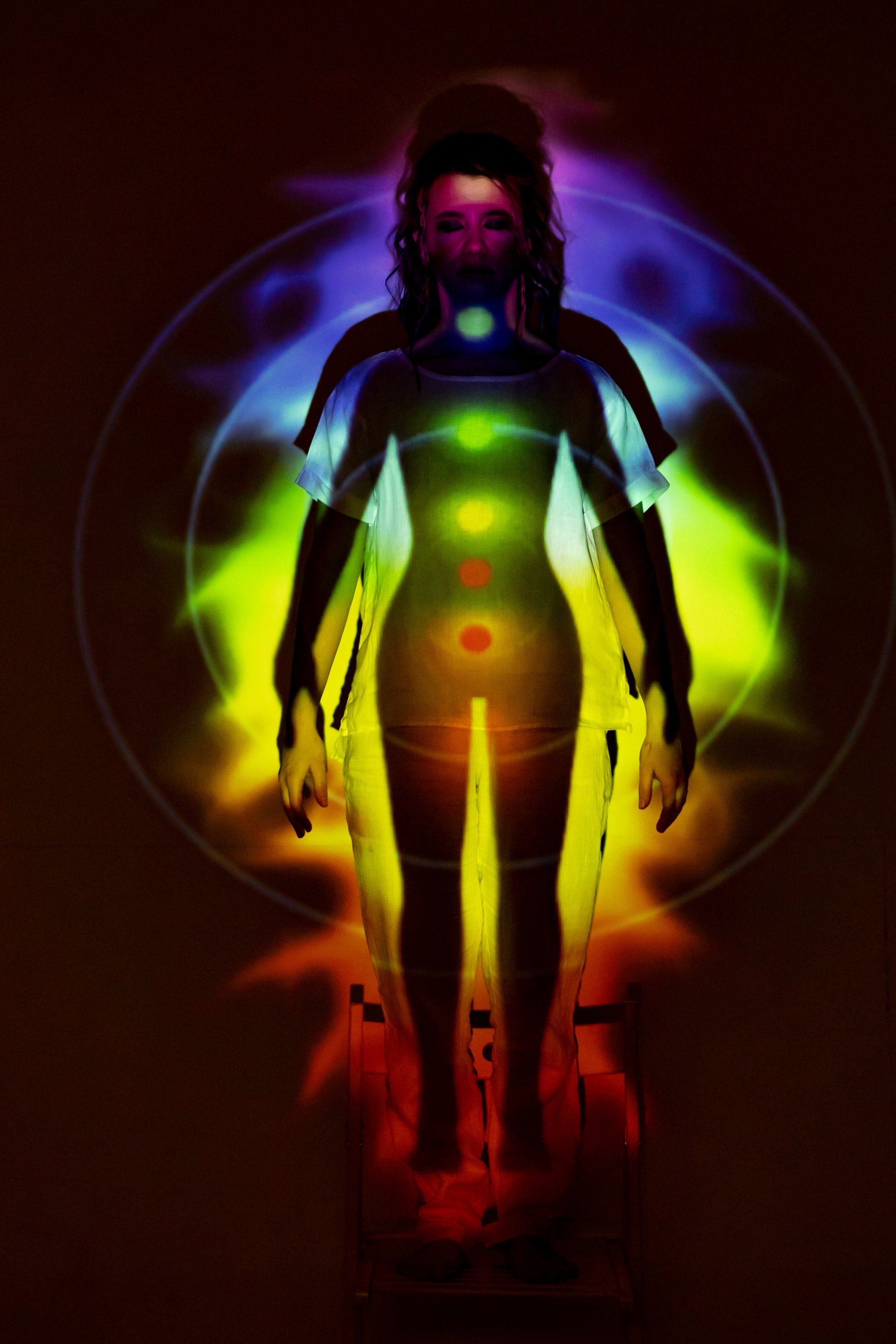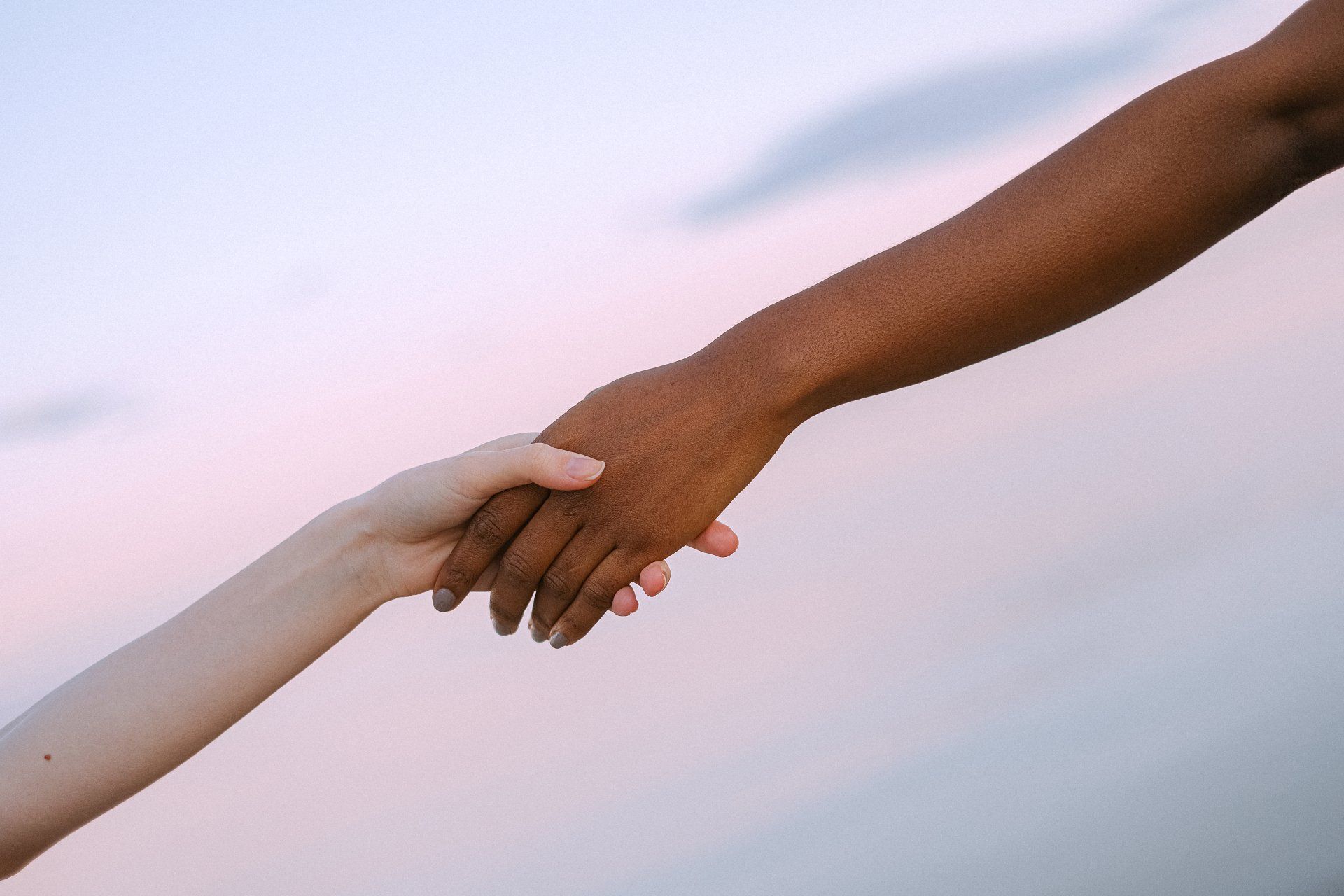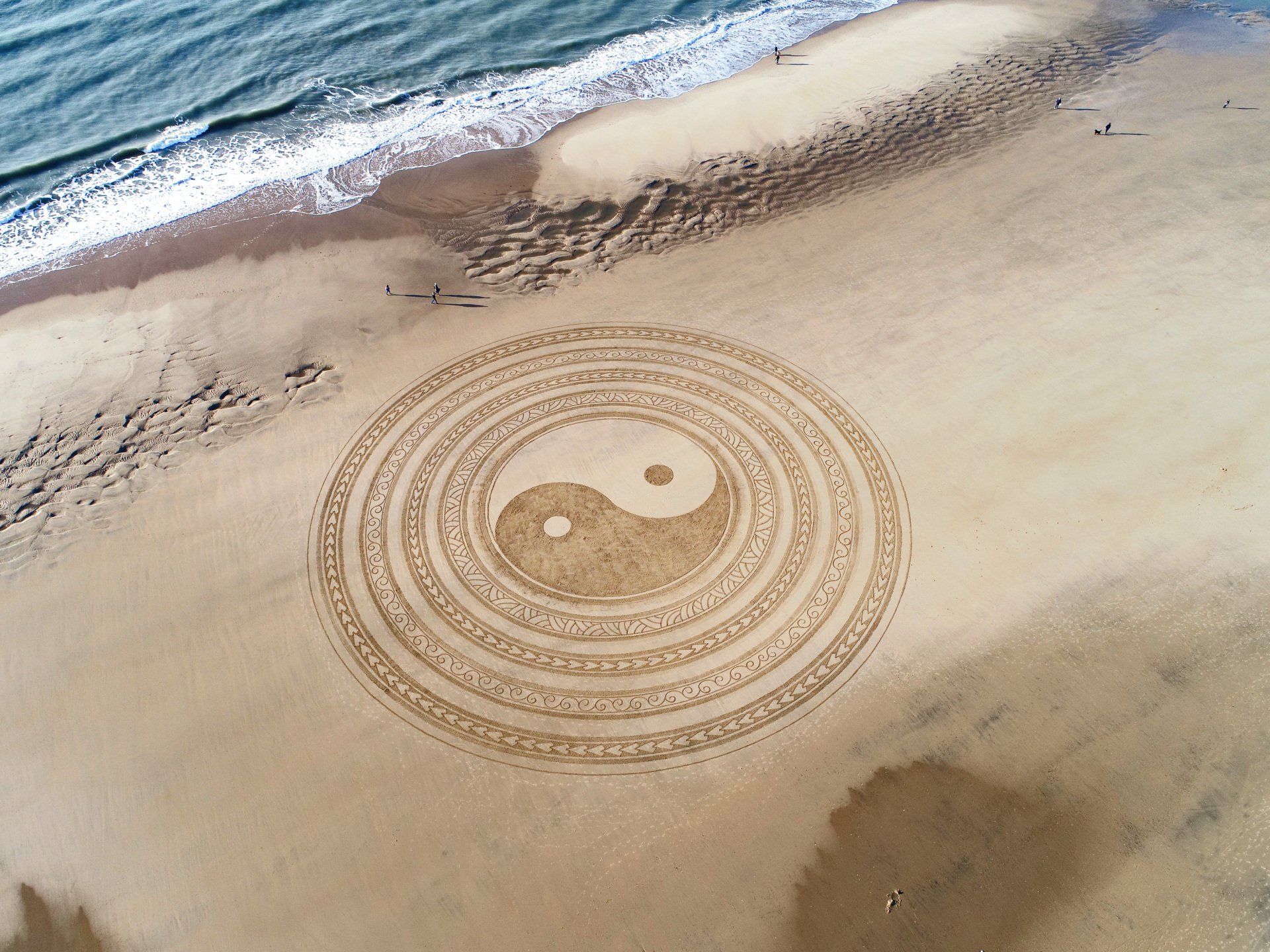Letting Go

Letting go is something we hear a lot but sometimes find hard to understand completely. I remember being confused when people told me, "You just need to let go." I'd ask myself, "How?" And most importantly, what does it really mean?
Sometimes, we get stuck and don't know what to do next. In those times, we wish we had a magic crystal ball to show us the way.
So, when is it best to let go?
I often thought about this, especially when others suggested it. But how do you actually do it? And what are you supposed to let go of? Is it a person, your fears, your anger, your sadness? These thoughts were confusing, and I didn't know how to handle them. Instead of letting go, it felt like I was holding on tighter, desperately trying to control what was important to me.
But eventually, I realized there was some truth to the idea of letting go, as holding on only made things worse. Ultimately, letting go is an act of love, for oneself and for others. I had to learn to let go, or I would just keep exhausting myself. But that was easier said than done.
I realized how important it is to let go when I pushed myself too hard, got completely burnt out, and my body couldn't keep going. I didn't know what to do next. People told me I needed to let go of my old self. I was confused; did I really have to give up who I used to be? After all, that version of myself had brought me to where I am today.
I continued to struggle with letting go of situations and emotions. My thoughts consumed me, and I found myself trapped in a cycle of worry and speculation. Did I need to become someone else entirely? Was I not good enough?
But as challenging as it was, I realized I needed to learn to let go to free myself from the burdens I carried. Although I didn't know exactly how to do it, I was determined to move forward step by step.
"In the process of letting go you will lose many things from the past,
but you will find yourself."
- Deepak Chopra -
How can you let go?
It was a challenge because I didn't fully understand what it meant. I struggled with the concept because I saw it as stopping, breaking, or letting go forever. The idea that I had to let go of my old self seemed to imply it would disappear completely, which frustrated me.
Through deep conversations with my coach, I began to understand that letting go doesn't mean something disappears from your life. These thoughts were driven by fear, especially the fear of losing control. The beauty of letting go is that you release the need to control the outcome and embrace the idea that every outcome is good.
For me, letting go didn't mean my old self disappeared. I learned to approach situations differently, knowing my old self would always be a part of me. The most important thing I learned was to let go of control. I no longer needed to be in control, trusting that whatever came my way was for the best. Letting go didn't mean I was weak; it meant I was powerful enough to release what no longer served me.
Why is letting go important?
If you don't learn to let go, you often keep worrying and feeling anxious. This can lead to stress and anxieties, causing you to withdraw further into yourself. It can even result in feelings of loneliness and exclusion, as you shut yourself off from others in an attempt to gain control over the situation.
During this time, I started meditating, also at my coach's suggestion. Meditating every day brought more focus and made it much easier to let go effortlessly. I felt the calmness and peace increasing by both meditating and letting go. When you acknowledge that you've done your best and everything you could, you can find peace with the outcome and accept it with open arms.
In this way, you can ride the waves of life instead of swimming against them, allowing yourself to be carried along with the current. It opens the door to more inner peace, resilience, and freedom. Despite the challenges it brings, learning to let go can be a valuable skill that helps you lead a more fulfilled and balanced life.
In our journey of letting go, we find strength and embrace the truth that all outcomes are good, leading to inner peace and freedom: The Effortless Movement.












